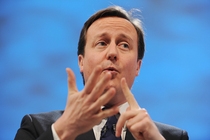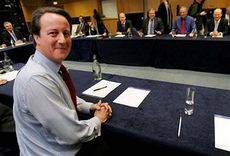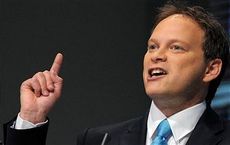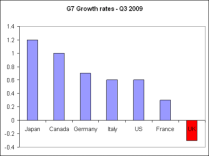What today’s polls tell us
The national YouGov poll and the one of northern marginals out today give us a sense of the electoral lay of the land. The national poll result which has the Tories below 40 percent and failing to win an overall majority shows that the Tories remain quite a way from sealing the deal. However, the poll of northern marginals which has the Tories on 42 percent suggests that the Tory marginal seats strategy is working. Indeed, whenever you talk to Tory candidates in Labour held marginals you are struck by just how confident they are; something that is particularly striking given how jumpy candidates normally are. I suspect that the Tory





















